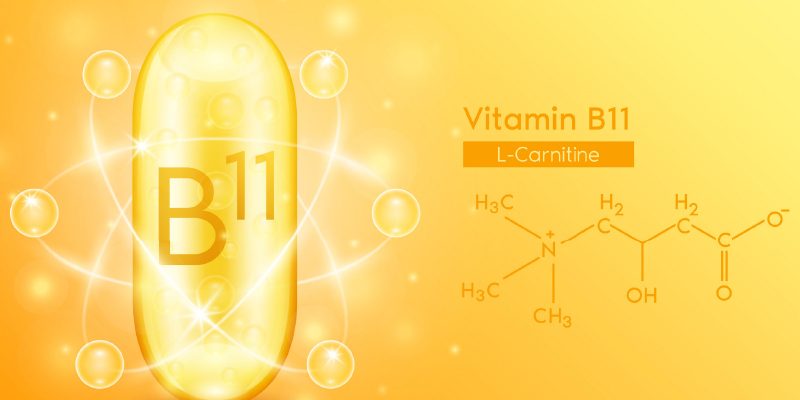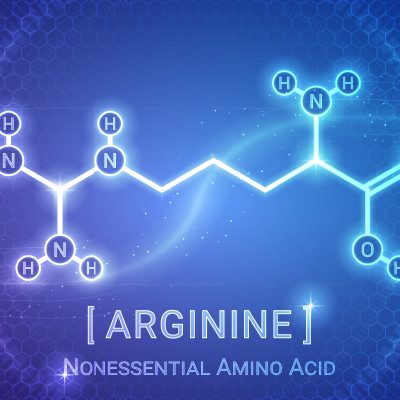Understanding L-Carnitine: Its Role and Benefits for Health
What is L-Carnitine?
L-Carnitine is a naturally occurring amino acid that plays a critical role in energy metabolism within the body. It is particularly important for fat metabolism, enabling the body to convert stored fat into energy effectively. Although L-carnitine can be produced by the body, it can also be obtained through dietary sources or supplements, making it easily accessible for those seeking to enhance their health and physical performance.
Functions of L-Carnitine
L-Carnitine serves several essential functions, including:
- Energy Production: It assists in transporting fatty acids into the mitochondria, where they are burned for energy, thereby supporting physical performance and endurance.
- Muscle Recovery: L-Carnitine may help reduce muscle soreness and damage from intense workouts, facilitating quicker recovery times.
- Support for Fat Loss: Many individuals use L-Carnitine supplements to aid in fat burning, making it popular among athletes and those looking to lose weight.
- Immune Function: Emerging research suggests that L-Carnitine also plays a role in enhancing immune function, contributing to overall health.
What Causes L-Carnitine Deficiency?
While the body produces L-Carnitine, certain factors can lead to deficiency, including:
- Inadequate Dietary Intake: Those who do not consume sufficient levels of meats and dairy products may struggle to maintain adequate L-Carnitine levels.
- Age: As people age, L-Carnitine production may decline, necessitating supplementation.
- Medical Conditions: Conditions affecting fat metabolism, such as kidney disease or genetic disorders, can impair the body’s ability to produce L-Carnitine.
- Vegan and Vegetarian Diets: Individuals following these diets may not get enough L-Carnitine from food sources, as it is primarily found in animal products.
Signs of L-Carnitine Deficiency
A deficiency in L-Carnitine can lead to several symptoms, including:
- Fatigue and Weakness: Insufficient energy production can result in chronic tiredness.
- Muscle Weakness: Reduced levels may lead to muscle pain and increased soreness after workouts.
- Decreased Exercise Performance: Individuals may experience diminished endurance and exercise capacity.
Sources of L-Carnitine
To ensure adequate intake of L-Carnitine, it is important to include a variety of foods rich in this amino acid in your diet. Key sources include:
Animal Sources:
- Red Meat: Particularly high in L-Carnitine, especially beef and lamb.
- Pork and Poultry: Good sources for those who consume meat.
- Fish: Salmon and cod also contain significant levels of L-Carnitine.
- Dairy Products: Milk and cheese can contribute to L-Carnitine intake.
Plant Sources:
- While L-Carnitine is primarily found in animal products, certain plant-based foods, like avocados and soybeans, may contain minimal amounts.
Supplements:
- For individuals facing dietary restrictions or those seeking additional support, L-Carnitine supplements are widely available in various forms, including capsules, tablets, and powders.
Recommended Daily Intake of L-Carnitine
The appropriate dosage of L-Carnitine can vary based on individual health goals, activity levels, and dietary habits. Generally, a daily intake of 500 mg to 2,000 mg is recommended for those looking to enhance exercise performance or support weight loss. However, it’s important to consult with a healthcare professional to determine the optimal dosage tailored to your specific needs.
Embracing L-Carnitine for Optimal Health and Performance
L-Carnitine is a crucial amino acid that supports energy production, fat metabolism, and overall physical performance. Understanding its importance, sources, and implications for health can help individuals make informed decisions about their nutrition and supplementation..
While multivitamins can offer valuable support for overall health, it is essential to recognize that a balanced diet should remain the cornerstone of nutritional well-being. Multivitamins are intended to be a complementary measure and should not be considered a substitute for a diverse and nutritious food intake.
Note: It is strongly advised that individuals consult a healthcare professional prior to initiating any supplement, particularly if they have existing health conditions, are taking prescribed medications, or are pregnant.




